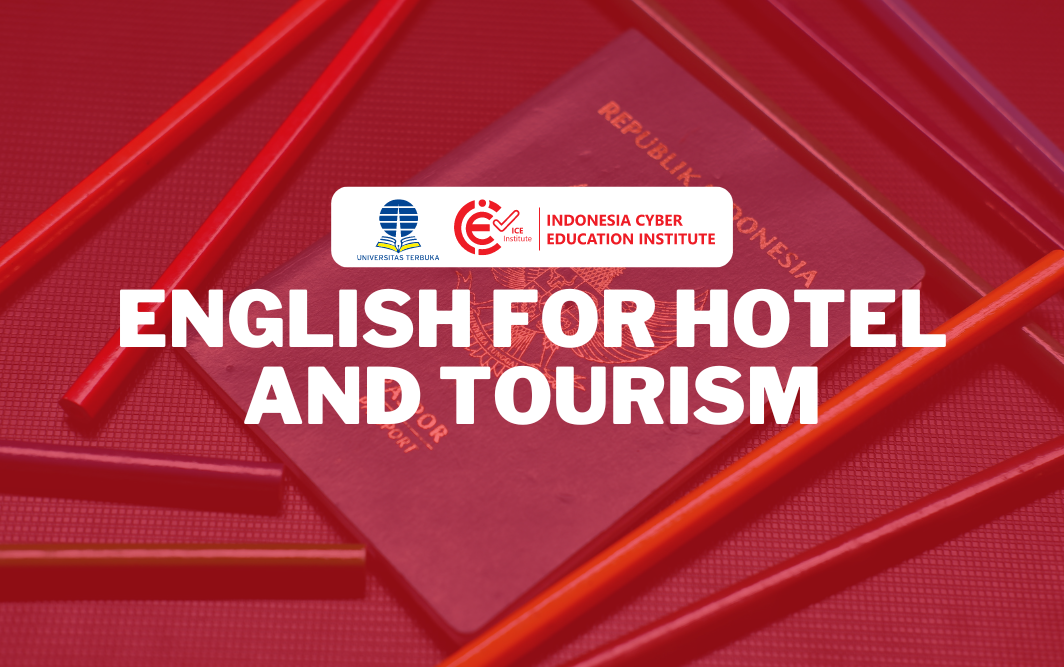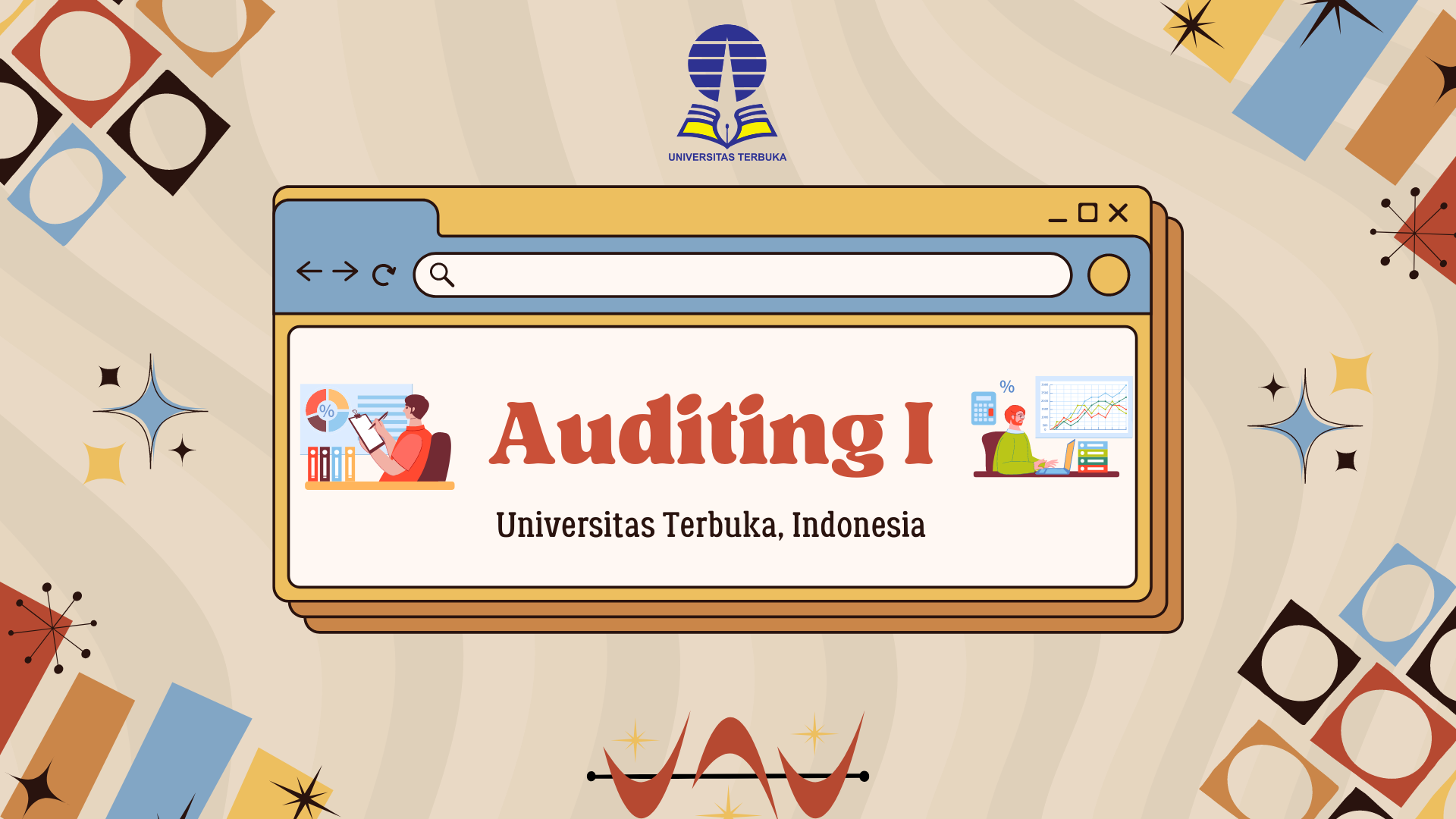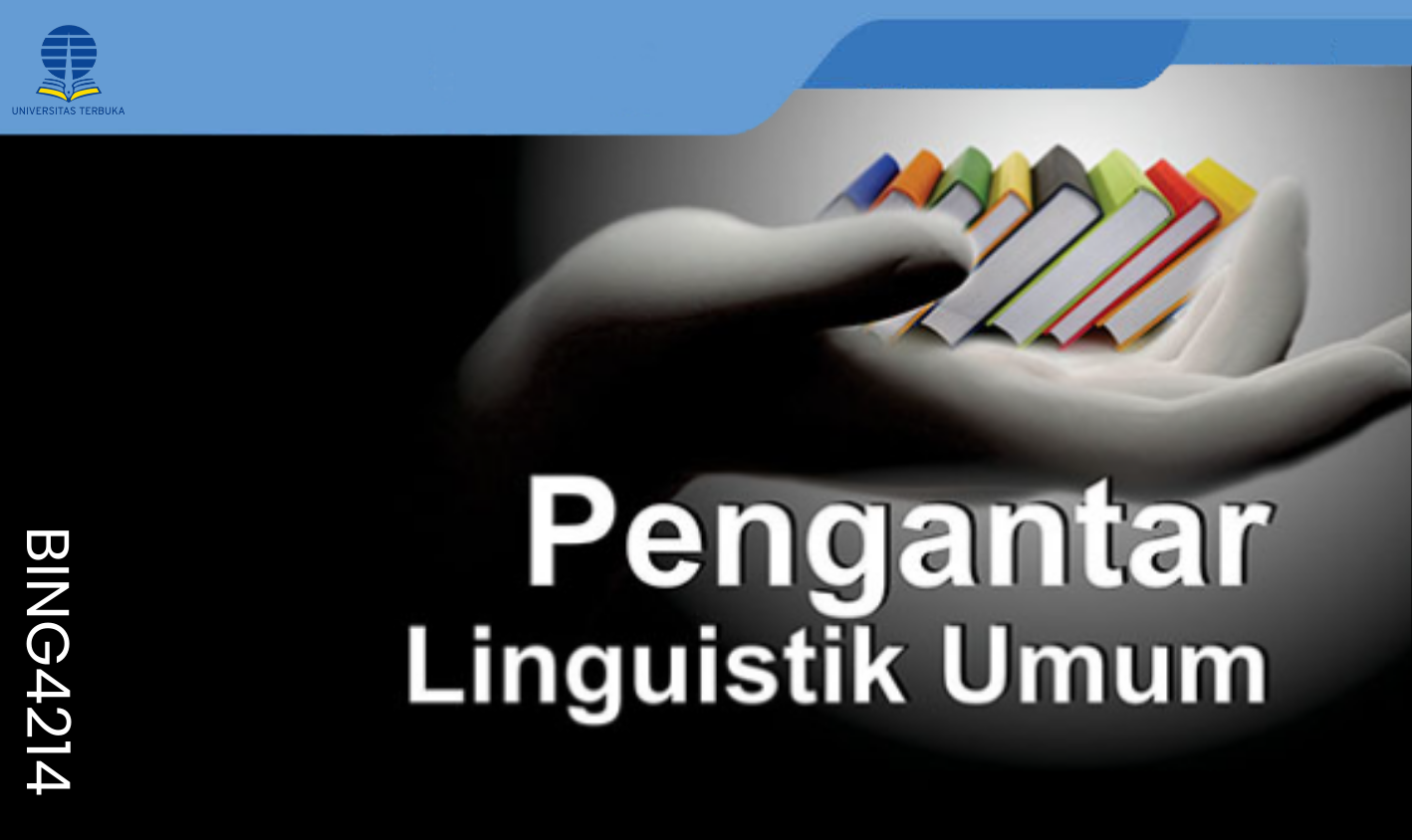
Course Description
English for Hotel and Tourism course explores inquiries and reservations, hotel and tourist information, food and beverage services; food and beverage preparation; hotel services, reading maps, giving directions and transportation, shopping and customs, and tour operations. To get learning experiences, students must study the material presented in the modules and the session materials. The achievement of student learning outcomes is measured through Tasks 1, 2, and 3, as well as student participation in discussion activities, quizzes, and attendance.
This course is intentionally designed for students of English education department background who, in the future, are projected to be a teacher in high schools or vocational schools. But, this course is still relevant for students from other majors interested in taking English for specific purposes in hotel and tourism registers.
Level: Bachelor
Credit: 3
Duration: 14 weeks (6 weeks of independent learning with modules and 8 weeks of online tutorial classes)
Learning Outcome
Upon completing the English for Hotel and Tourism course, students are expected to have knowledge of the English language used in the field of hospitality and tourism, mainly related to the materials presented in the modules, so that students can use terminology or special terms in the field of hospitality and tourism in oral and written communication.
Requirements
To pass and be eligible to get the course certificate, each student must:
- confirm his/her attendance in the e-learning class
- be active in discussion forums
- do the tasks (1, 2, and 3)
- do the quizzes
Teaching Staff
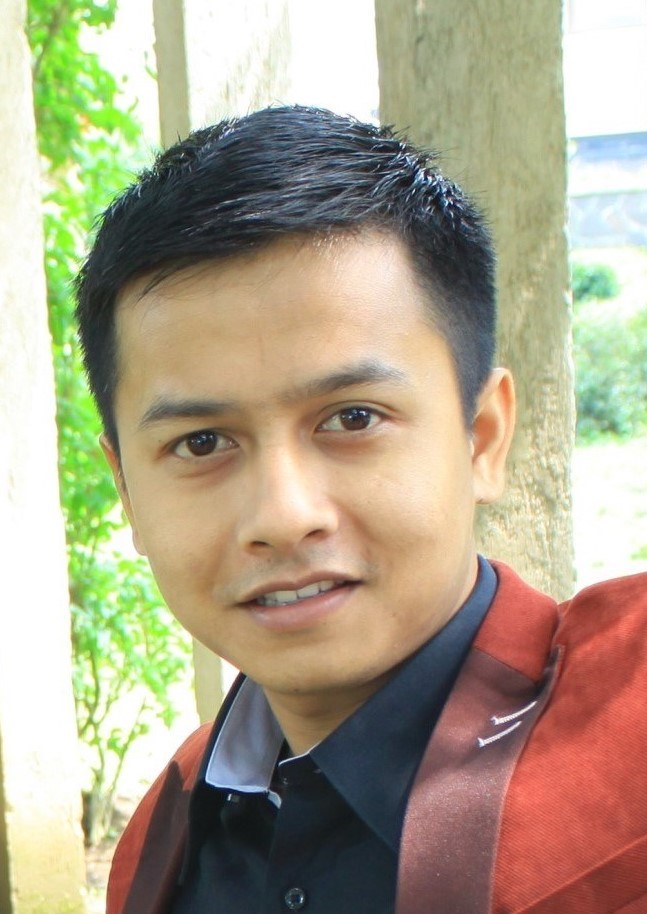 | 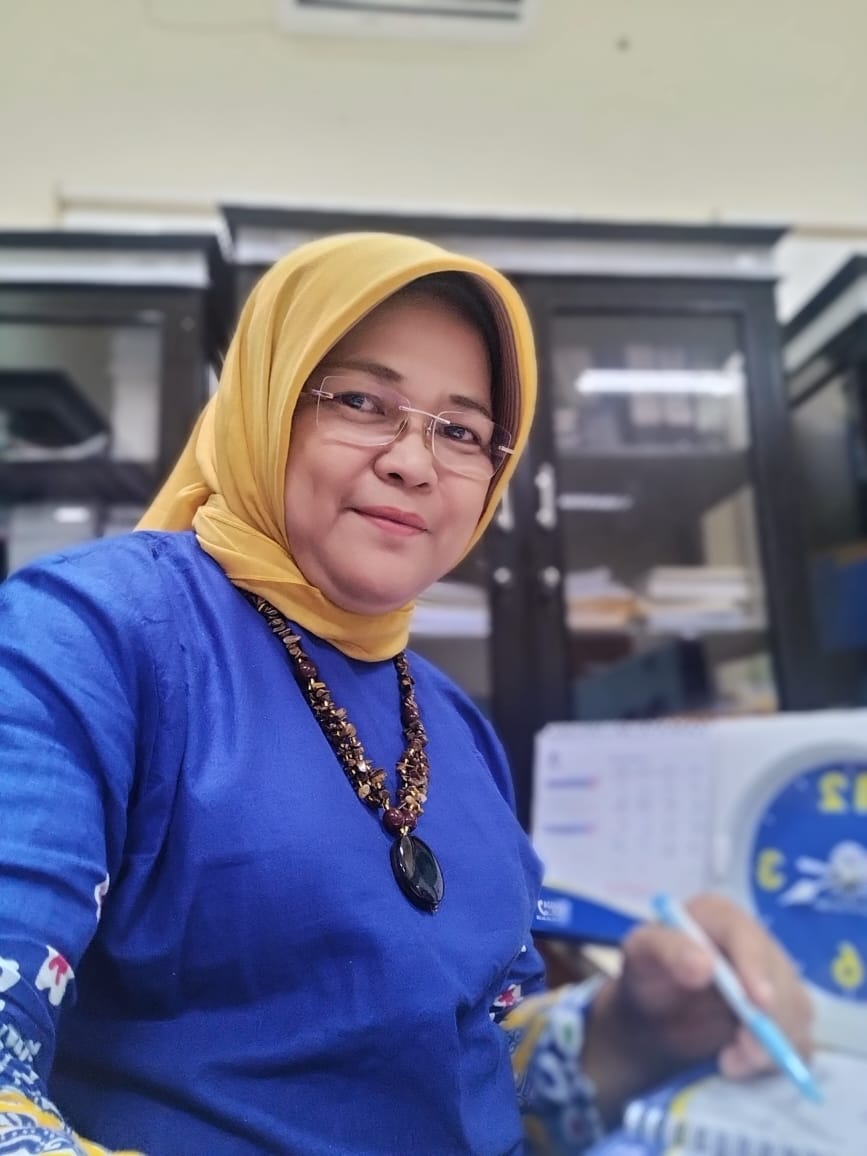 |
| Fauzy Rahman Kosasih, S.S., M.Pd. | Dr. Fachria Yamin Marasabessy, M.Pd |
| fauzyrahman[at]ecampus.ut.ac.id | [email protected] |
Universitas Terbuka | Universitas Terbuka |
| He is a faculty member of the English Education study program of Universitas Terbuka. His teaching and research interests are in the area of English for Specific Purposes, Technology-Enhanced Language Learning, Genre, Language Curriculum, and Materials Development. | - |
Course's Feedback
5.0/5
1 assessment(s)

